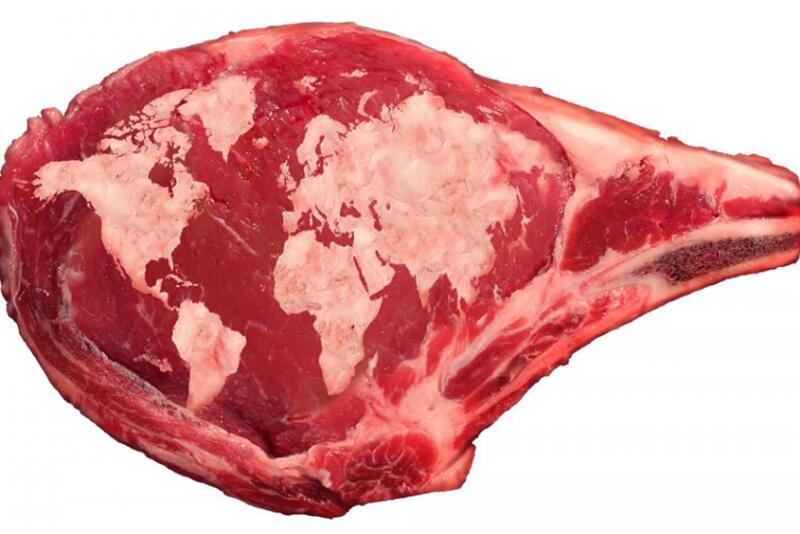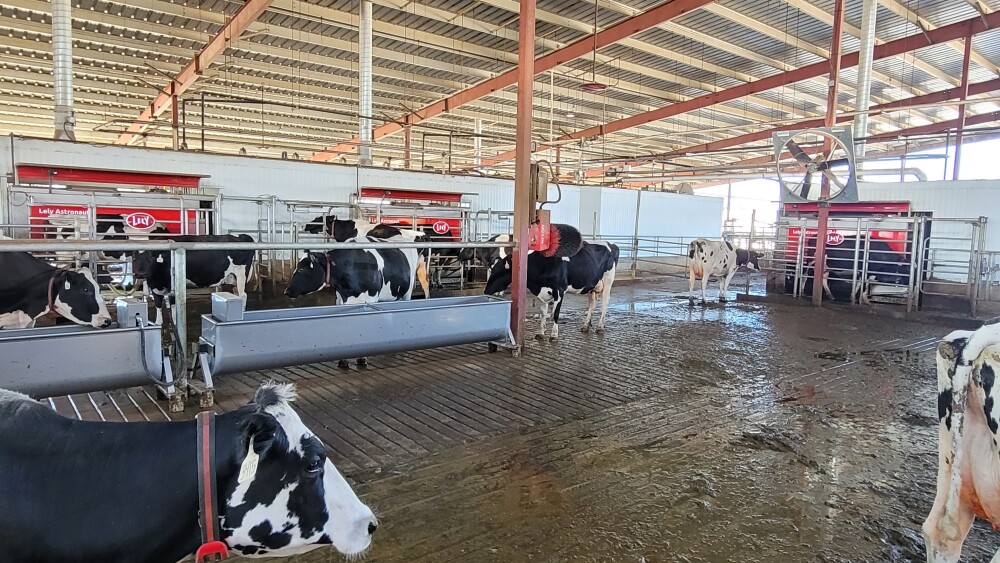Contraband meat entering the United States illegally is on a dramatic upswing, creating risk to the safety of U.S. livestock herds and poultry flocks.
At the Port of Los Angeles, the number of shipments containing prohibited pork, chicken, beef, and duck arriving from China nearly doubled in 2020. U.S. Customs and Border Protection (CBP) agricultural specialists issued 1,049 Emergency Action Notifications for unmanifested/prohibited animal products, compared to 527 the previous year.
According to the USDA, China is affected by the swine diseases African Swine Fever (ASF), Classical Swine Fever (CSF), and Swine Vesicular Disease (SVD); Newcastle Disease and Highly Pathogenic Avian Influenza (HPAI) that can infect poultry; and Foot and Mouth Disease in cloven-hooved animal including swine and ruminants.
The CBP said most of the unmanifested animal products seized at the Port of Los Angeles were commingled in boxes of headphones, door locks, kitchenware, LCD tablets, trash bags, swim fins, cell phone covers, plastic cases, and household goods, in a clear attempt to smuggle the prohibited meat.
CBP officials said Chinese animal products are in high demand in ethnic communities in the United States. They explained smugglers attempt to bring the products into the country and resell them in Asian grocery markets; many consumers are not aware of the import restrictions.
From October to December 2021, the U.S. Animal and Plant Health Inspection Service’s (APHIS) Smuggling Interdiction and Trade Compliance (SITC) program seized and destroyed more than 1,900 pounds of prohibited pork, poultry and ruminant products from New York City-area retailers.
APHIS officials discovered these items were sourced from China, lacked required import permits and health certificates, and therefore were considered a risk of introducing diseases into the United States.
Food Safety News noted ASF is of particular concern, because the highly contagious and deadly viral disease that affects both domestic and feral pigs of all ages has recently spread throughout Asia, including China. It also has been identified in parts of Eastern Europe, and was most recently detected in the Dominican Republic, Haiti, and Thailand.
Prohibited meat products also are entering the U.S. across the Texas-Mexico border. In August 2021, CBP Agriculture Specialists confiscated 320 pounds of pork bologna and 30 pounds of turkey ham from a vehicle at the Paso Del Nolte Border crossing near El Passo, Texas.
Similarly, 200 pounds of pork bologna were confiscated from a vehicle at the southern border crossing near Columbus, New Mexico in February 2021.
In both cases, the illegal products were destroyed and CBP reported the incidents to USDA. But smugglers usually are charged with only a civil fine. In the Texas case, the driver was issued a $1,000 fine; the New Mexico driver was fined just $500.
Yet the stakes are dangerously high for U.S. livestock producers. According to Food Safety News, ASF alone holds the potential of wiping out the entire pork industry.












